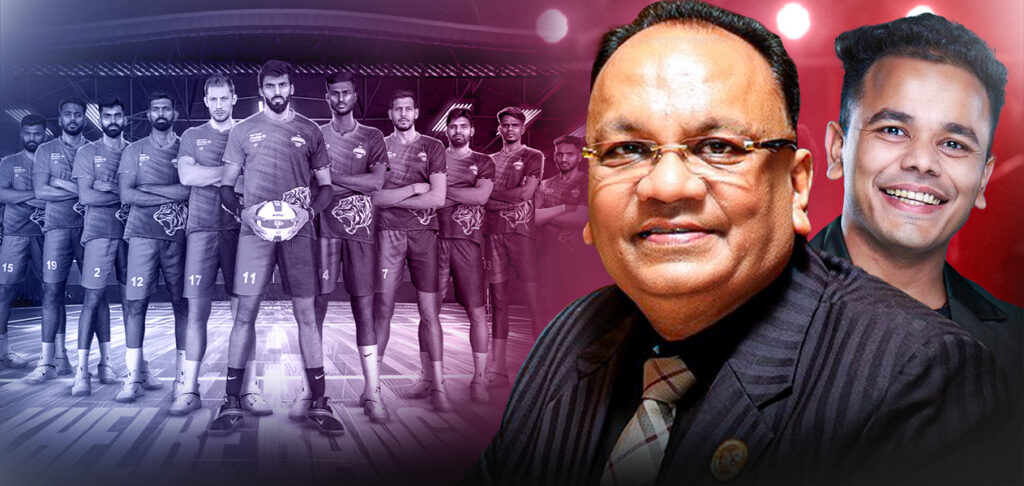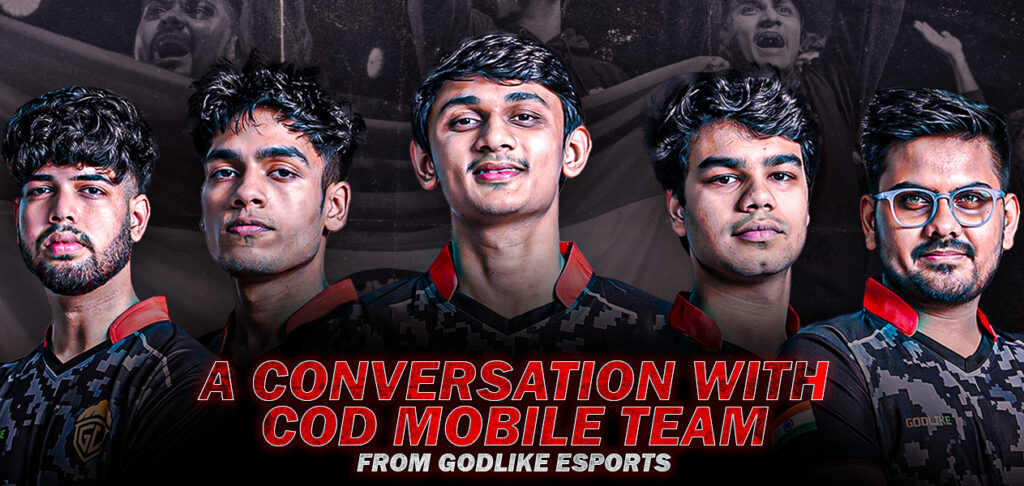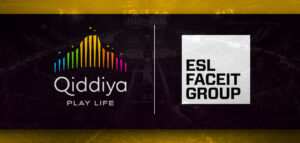Representatives from various sectors of the Indian skill-based gaming industry are rallying together to put up a united front and propose a single self-regulatory body for their operation to NITI Aayog – Government of India’s policy think tank.
Skill-based games have seen a resurgence in participation ever since the boom of online gaming within the country over the last decade. With numerous options available through a smartphone, the user count has exponentially increased, attracting foreign investment and creating job opportunities within the online gaming industry.
Commenting on the need for a single self-regulatory body for the entire skill gaming industry, Sameer Barde, CEO, The Online Rummy Federation, the self-regulatory body for the country’s online rummy industry, said: “Size of India’s overall online skill gaming industry is estimated to be around INR 5,250 crores, according to KPMG. The fast-growing skill-based games like Rummy account for approximately 50% of the overall industry revenues. Fantasy sports is a part of the overall skill gaming industry. At TORF, we have worked with global gaming regulatory experts from the US and Europe to design transparent, professional, and ethical operating standards for the online Rummy industry called the ‘Code of Conduct’. The aim is to prescribe and enforce a range of measures for online rummy operators that bring more responsibility to their operations and enhance their credibility and integrity, which we believe would also serve as a great starting point for the self-regulatory body for the industry.”
Thing is, albeit gradually evolving, the legislature that governs skill-based gaming in India is ancient compared to the technological advances the industry has undergone; some of it dating back to the colonial days. Moreover, these games are covered on a one-by-one basis, with different states making different decisions. This not only makes legislation complicated, but also leaves a lot of gray area, that comprises of loopholes and multiple games that are left outside the ambit of law.
Commenting on the legality of skill-based games in India, Vaibhav Kakkar, Partner at L&L Partners said, “The Supreme Court has since the 1960s distinguished games of skills from gambling and upheld the constitutional right to play and offer such games of skill. Once a game is determined to be a game of skill, its legality is undeniable and so is its ability to be played or organized for profit or gain. Various Supreme Court as well as High Court decisions lend credence to this proposition. Rummy has been held to be a game of skill by the Supreme Court and various High Courts. Similarly, various High Courts in very elaborate and detailed decisions, have also determined online fantasy leagues to be a game of skill. Currently, the mode of operation of fantasy games and other online games of skill remains the same- the gaming companies provide an online platform to play the skill-based games in lieu of a platform fee. Based on established legal jurisprudence of more than 60 years, as well as recognized global principles, we expect the Supreme Court to also follow the same rationale as that of the High Courts and endorse fantasy leagues as a game of skill in the current litigation.”
Without properly-worded legislation, the Government not only restricts itself from effectively regulating the gaming market so that it functions within the boundaries of law, it also misses out on a very viable revenue stream that has potential of raking in over Rs. 10,000 crores over the next five years.
Commenting on the contribution of skill-based gaming industry to government’s pro-growth vision, job creation, and FDI strategy, Bhavin Pandya, Co-founder and CEO, Games24x7 said: “The online skill gaming industry has tremendous potential to provide a healthy, responsible form of entertainment. The broader skill gaming industry has been attracting a lot of foreign investment from aggressive global players like Sequoia, Tiger Global, Accel Partners, Raine Capital, Clairvest, Westbridge Capital, Kalaari Capital, Bennett Coleman, Blume Ventures, and Kae Capital, to name a few. Over Rs. 5,000 crores in foreign investments has already come into the country in the overall skill gaming industry, with over ten non-fantasy sports companies having successfully raised capital. In comparison, only two fantasy sports players have attracted FDI.
Given the significant overlap between fantasy sports and other games of skill (which today include games like pool, carrom, quiz games, etc., in addition to Rummy), we believe that Niti Aayog’s draft paper should include the broader skill gaming industry. Such an approach would produce tremendous benefits for the country. Standardized rules and regulations for India’s entire skill gaming industry will ensure that the tens of millions of players in India get service from responsible operators. It will eliminate the vast number of illegal and unscrupulous operators that are now serving the Indian market. This move will help generate over Rs. 10,000 crores in direct and indirect taxes annually for the government by 2025, and create thousands of jobs through direct and indirect employment.”
Commenting on the contribution of skill games to India’s gaming revenues, PayTM First Games Spokesperson said: “With 400 million gamers, India is one the fastest growing online gaming markets globally. Several factors such as young demographics, increasing Internet penetration, diversity of content, and the immersive nature of gaming entertainment would continue to drive the market growth in the future. Today, 75% of the $1.2 billion in India’s gaming revenues come from skill games that dominate customer engagement. And that regulatory clarity will spur the creation of a new class of skill games and entertainment for India.”
When you take into account other skill-based games that are not legally recognised in the country along with the outright illegal markets, you get a market much bigger than the legally accessible one. Within the dark alleyways, most of these activities are unregulated, paving way for exploitation and ruin. This is all the more reason for the GoI to establish proper oversight – to eradicate the illegal markets, make the legal ones more accessible, while also throwing light on the negative and obsessive aspects of these markets, to promote responsible gaming.
The recommendation to NITI Aayog and be summed up thusly – establish a single self-regulatory body that Constitutionally covers every skill-based gaming market in India, that makes sure these markets operate and thrive within the boundaries of law, and also gives the GoI access to an ever-increasing revenue stream while promoting responsible gaming.















